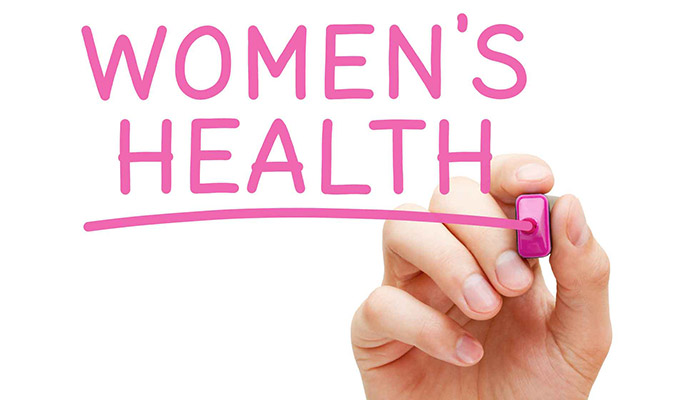
Common Reproductive Health Issues for Women
It’s easy to get lost in the hustle of life — the everyday grind can be stressful, and topped off with bad eating or drinking habits, can lead to a number of health concerns down the line. It’s important to take time for yourself and to make sure that you are making healthy decisions today for a better tomorrow. As women, our reproductive health is so important. It’s a delicate system where even the smallest hormonal imbalance can have a significant impact on its overall functioning and health. These issues can often be helped when caught early. It is important not to ignore any potential early warning signs, and to have a yearly pap smear test and screening done to ensure a healthy life.
Common Reproductive Health Issues
Endometriosis is a disorder that affects the uterus lining, also known as the endometrial tissue. This tissue starts to grow in places outside of the uterus such as the ovaries, pelvic area, or even on the bowel. During your menstrual cycle, this lining sheds. When developed in abnormal parts of your body, this shedding has nowhere to go and can start accumulating in the pelvic area. Symptoms that can arise from this disorder include painful periods, irritation, infertility, and the formation of scars. If you notice pain during your menstrual cycle, it is important to see a doctor as soon as possible.
Menstrual disorders are health issues that are almost always caused by hormonal imbalances along with disorders related to clotting, cancer, cysts, fibroids, genetics, or STDs. Your diagnosis will often be based on numerous factors such as your medical history, your symptoms, and a variety of test results. Most of these disorders can be treated with the help of surgery, medications, and changes in your diet. Some common menstrual disorders include Premenstrual Syndrome (PMS), absence of menstruation, fibroids, prolonged or heavy menstrual bleeding, or premenstrual dysphoric disorder (PMDD).
Uterine fibroids are tumors that are made up of tissues and muscle cells that grow in and around the walls of the uterus. They are often benign. The cause is still unknown, but cases are more often found with African American women or those who are overweight. Many don’t experience symptoms, but when they do, they may experience painful and heavy periods, bloating, painful sex, frequent urination, and a variety of other health concerns.
Take Care of Yourself
Your reproductive health is important. It can impact all areas of your life. Listen to your body, and take any sign, even if it’s small, seriously. Yearly exams can help keep you on track, and help to prevent any minor issues that could develop into something more serious.
